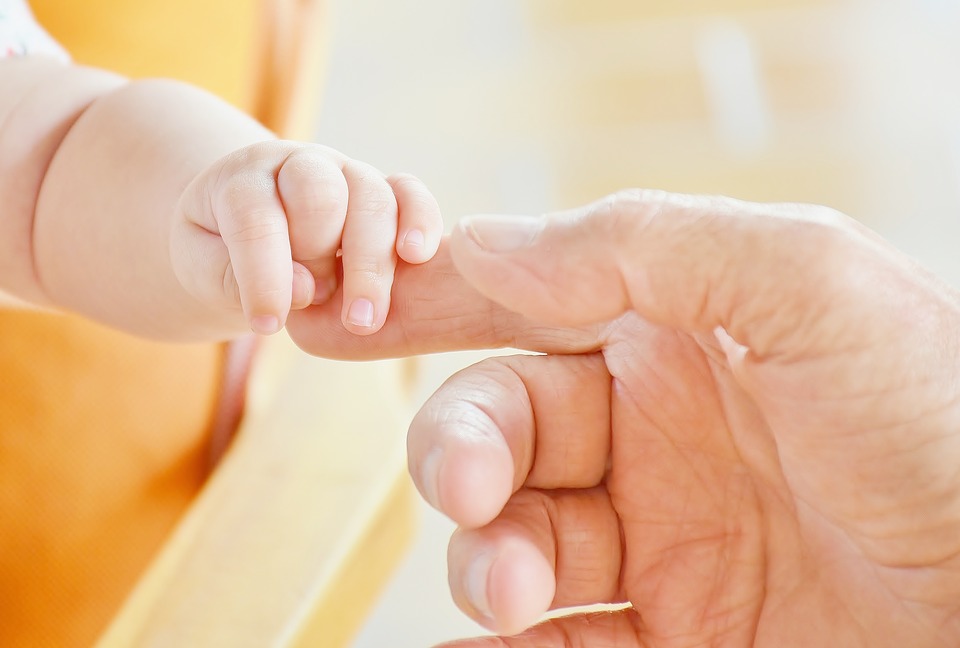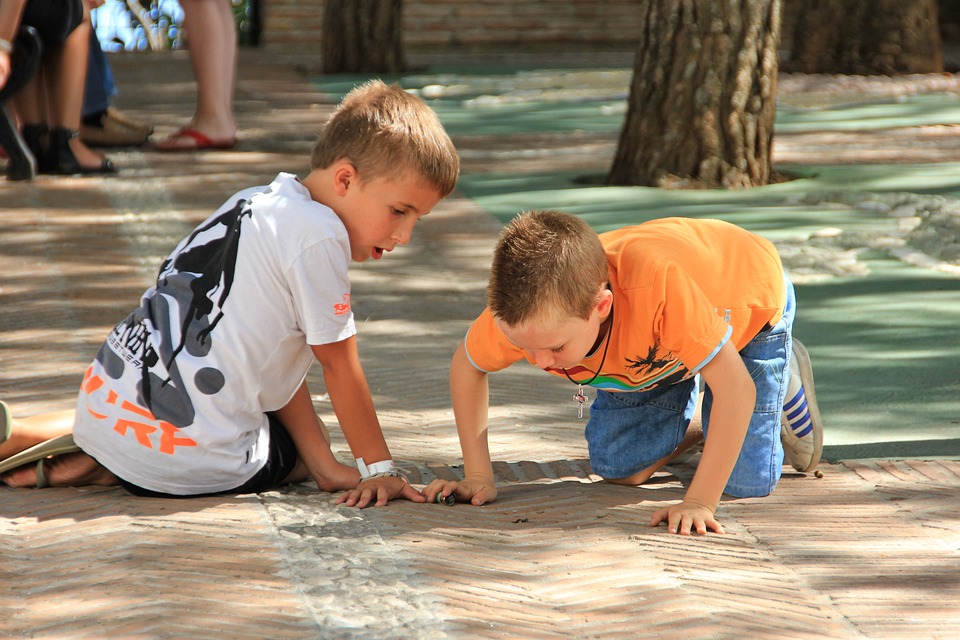Having siblings is one way to put up with your nerves. Kidding aside, it’s a fun and remarkable experience to have a sibling. Not only that they’re your first best friends, they can also be the extra ingredient to the perfect recipe: you. However, there’s a recent study that specifically mentions second-born kids.
In the study, they directly mention that children who are born second are the part of the family to be more prone to trouble in school and other places. Moreover, the study says that later in life, these children might have a bit of trouble with the law.
The research, which was led by MIT, Northwestern and University of Florida (and a few others) took time to observe thousands of sets of brothers in Florida and Denmark. I know what you’re thinking – place apart from each other, right? Surprisingly, in both places, they found that boys who were born first were least prone to getting into trouble than those born second.
“Despite large differences in environments across the two areas, we find remarkably consistent results; in families with two or more children, second-born boys are on the order of 20 to 40% more likely to be disciplined in school and enter the c******l justice system compared to first-born boys even when we compare siblings,” according to the research done.
What is the connection between birth-order and c***e?
Authors of the study theorize that one great factor is nurturing. Because most second-born children doesn’t get the one-on-one talks and focus done compared to the older sibling, they most likely find that trouble is the way to have their parents focus on them. In addition to that, the authors are emphasizing that parents take more time “off-work” for their firstborns rather than the second-born.
In addition to all those, firstborns are generally around adults which make them act more maturely, according to the study. Whereas second-borns look up to their older sibling which make them act out more. Again, nurturing. Remember the study that has proven older siblings are generally smarter than the younger ones? This is because parents have their focus and undivided attention to their firstborns.
Parents lose enthusiasm after their firstborns
There have been a lot of interviews for parents as regards this situation. A lot of mothers admitted to be less stricter after subsequent pregnancies. Meaning, they did not stress anymore on what’s bad for them or not, they may even have drank a*****l or smoked. In addition, parents admit that they lose engagement activities after their firstborn. Activities like bedtime stories, a walk in the park, craft, playing instruments, etc. are not anymore a priority compared to what they’ve felt with their first child.

This is also one of the possible reasons why second-borns act like that. Although it is not wrong because having your first child can be a bit overwhelming at first, you should never take this the wrong way.
Although this is the case, parents don’t need to panic. According to Shankar Vedantam, a correspondent of the National Public Radio’s Social Science, second child c****s are not a significant concern. Even though studies show a 25-40% increase in the possibility of poor behavior choices and consequences,overall the numbers are just a hinch.
Only a minority of kids, maybe, you know, 1 in 10, 1 in 20, are getting in serious trouble. But Doyle [the study author] is saying that among this minority of children, there appear to be sizable differences between first- and second-born brothers.
Having these said, this gives more responsibility and goals to the eldest children. Why? Because they need to act as the role-model for his/her siblings in order for them not to be in everyone’s hair 101% of the time.
Second-borns, don’t panic. Even if this study focuses on that, you should not think of it badly. As per the radio correspondent and the authors, the number is statistically small; you might think of it as you’re the black sheep but that is not always the case.
Always remember that everyone has a choice; not all second-born children rage like a fire, right? So do your part and negate this study. What do you think, parents? Should you now focus more on your other children instead of giving your all to your firstborn?

